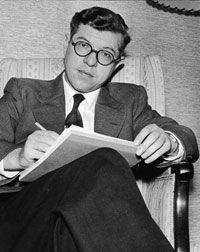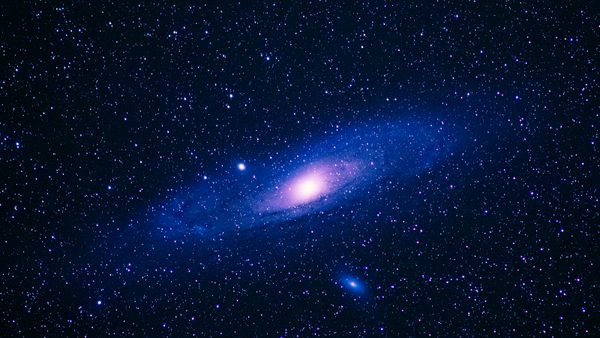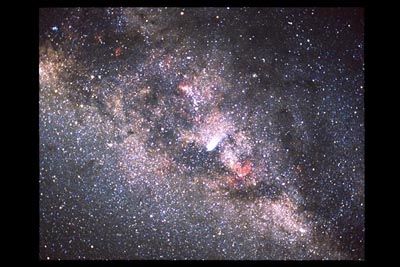For centuries, humans have gazed at the stars and wondered how the universe developed into what it is today. It's been the subject of religious, philosophical, and scientific discussion and debate. People who have tried to uncover the mysteries of the universe's development include such famous scientists as Albert Einstein, Edwin Hubble and Stephen Hawking. One of the most famous and widely accepted models for the universe's development is the big bang theory.
Although the big bang theory is famous, it's also widely misunderstood. A common misperception about the theory is that it describes the origin of the universe. That's not quite right. The big bang is an attempt to explain how the universe developed from a very tiny, dense state into what it is today. It doesn't attempt to explain what initiated the creation of the universe, or what came before the big bang or even what lies outside the universe.
Advertisement
Another misconception is that the big bang was a kind of explosion. That's not accurate either. The big bang describes the expansion of the universe. While some versions of the theory refer to an incredibly rapid expansion (possibly faster than the speed of light), it's still not an explosion in the classic sense.
Summing up the big bang theory is a challenge. It involves concepts that contradict the way we perceive the world. The earliest stages of the big bang focus on a moment in which all the separate forces of the universe were part of a unified force. The laws of science begin to break down the further back you look. Eventually, you can't make any scientific theories about what is happening, because science itself doesn't apply.
So what's the big bang theory in a nutshell?


